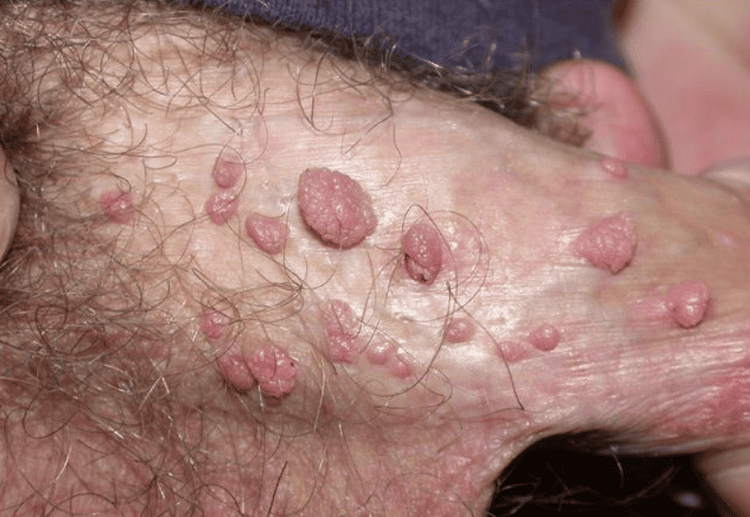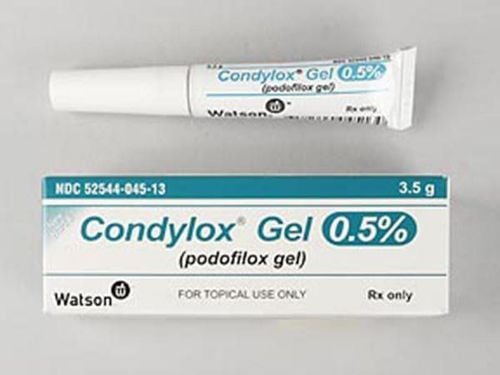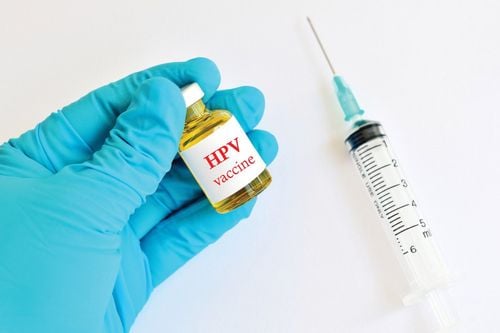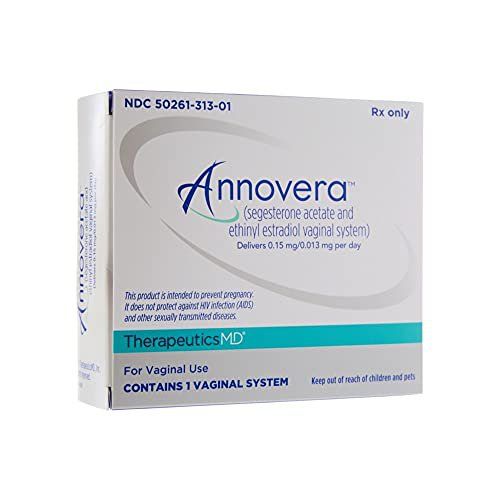This is an automatically translated article.
Genital warts are a sexually transmitted disease. Although in some people the disease sometimes has no effect, in others it is the cause of cancer.
1. What are genital warts?
Genital warts are one of the most common types of sexually transmitted diseases. Nearly all sexually active people will be infected with at least one type of human papillomavirus (HPV), the virus that causes genital warts. This condition can occur at any time, at any stage in an adult's life. Genital warts tend to affect the moist tissues of the genital area. They may look like small, flesh-colored bumps or have the appearance of tiny cauliflower-like bumps. In many cases, warts are so small that they are hard to see and easy to miss.
Some strains of the genital virus can cause simple genital warts, while others can cause cancer. Vaccines may help protect against some strains of genital HPV, provided the subject is vaccinated as early as adolescence just before risk factors are present.

Bệnh sùi mào gà do human papilloma virus - HPV gây ra
Although most sexually active people can get genital herpes at some point in their lives and go into remission, risk factors that can increase the risk of getting genital warts include: This includes the following:
Unprotected sex Sex with multiple partners Having a sexually transmitted infection Having sex with a partner who has a history of a sexually transmitted disease that you are not aware of or I don't know Sexual activity in my teens Compromised immune system, such as HIV co-infection or taking immunosuppressive drugs

Quan hệ tình dục với nhiều người khác nhau làm tăng nguy cơ mắc bệnh
2. What are the symptoms of genital warts?
In women, genital warts can grow on the vulva, vaginal wall, anus, anal canal, and deep into the cervix. In men, lesions can occur on the tip or trunk of the penis, scrotum, or anus.
Genital warts can also develop on the lining of the mouth, tongue, cheeks, uvula, or throat of someone who has had oral sex with an infected person.
When the above lesions occur and on careful examination, the patient may have the following described features:
Small, flesh-colored, brown or pink swellings in the genital area Soup-like appearance ignore when the warts are close together Feeling itchy or uncomfortable in the genital area Bleeding during intercourse, hard touch Sometimes genital warts can be so small and flat on the skin that they are invisible. However, it is rare to encounter genital warts that can multiply in large clusters even in a person with a pre-suppressed immune system.

Hình ảnh mụn cóc sinh dục nam giới
3. What is the role of genital warts biopsy?
With such skin lesions and affected sex life, early diagnosis and early treatment of genital warts is extremely important.
Among the diagnostic tools, the significance of genital warts biopsy is the most prominent. When the patient sees the appearance of skin lesions on the body with itching, easy bleeding, they should be examined soon. If these lesions look like genital warts, the doctor will confirm by performing a biopsy of the genital warts. Accordingly, a tissue sample from the lesion can be clamped and examined under a microscope. For men, the procedure to perform a genital warts biopsy may be easier to work with. In contrast, for women, especially lesions located in the vaginal wall or cervix, the biopsy of genital warts needs to be done at the same time as the gynecological examination on a specialized examination table and a speculum. .
After taking biopsy samples of genital warts, the specimens will be preserved before being processed in the laboratory. Here, tissue samples are stained and examined under a microscope to assess whether the damage is caused by human HPV. If the results are normal, no cells with HPV lesions were found. In that case, the lesion is likely to be caused by pathogens other than HPV and is further confirmed by other specialized means if the lesion is atypical.
If the specimen has lesions typical of HPV, it is considered positive. However, what the anatomist needs to know more about is the staging of HPV lesions. Specifically, in the initial stage, the virus only causes chronic inflammatory lesions. Some virulent strains of HPV can cause local cellular metaplasia to the precancerous or true cancerous stage. This is especially important in the sense that a biopsy of genital warts is important. From there, the patient is planned for appropriate treatment and monitoring.
However, whatever the results are, the results are only available after a few days of the procedure. Because these lesions can cause pain and bleeding, after the biopsy procedure, sex should be avoided until the wound is completely healed.

Mẫu bệnh phẩm được soi dưới kính hiển vi
4. What are the complications of genital warts?
If the patient does not go to the doctor early or does not have a biopsy of genital warts to confirm the pathology, the complications of infection caused by HPV can be acquired as follows:
Cancer: Cervical cancer is closely related. closely associated with genital infections. Certain types of HPV are also linked to cancers of the vulva, anus, penis, and mouth and throat. That's why, even though an HPV infection doesn't always lead to cancer, it's important for women to have regular Pap tests, even when there's no lesion at all, especially those who have had a history of cancer. infected with higher-risk types of HPV. Problems during pregnancy: Although rare, during pregnancy, warts can enlarge, making it difficult to urinate. Warts on the vaginal wall can inhibit the stretching of vaginal tissues during delivery causing difficult labor. On the other hand, large warts on the vulva or in the vagina can cause prolonged bleeding during and after delivery. Newborn Warts: Some babies born to mothers with genital warts may develop warts on the throat. At this point, if the lesion is large, the child may need surgery to keep the airway open.

Ung thư cổ tử cung do biến chứng của mụn cóc sinh dục
In conclusion, biopsy of genital warts has important significance in the diagnosis and treatment of the disease. If detected early, the disease is at an early stage, the patient is treated properly and can be completely cured. Conversely, any delay will make the biopsy of the genital warts cancerous and the prognosis more difficult.
Vinmec International General Hospital offers a Package of Examination and Screening for social diseases to help customers detect diseases early and have effective treatment and prevent dangerous complications. The screening package for social diseases at Vinmec is for all ages, both men and women.
To register for examination and treatment at Vinmec International General Hospital, you can contact Vinmec Health System nationwide, or register online HERE.
Recommended video:
Periodic health check at Vinmec: Protect yourself before it's too late!
SEE MORE
Genital warts (genital warts): Common complications Why are women susceptible to genital warts (genital warts) in the private area? The development of genital warts













